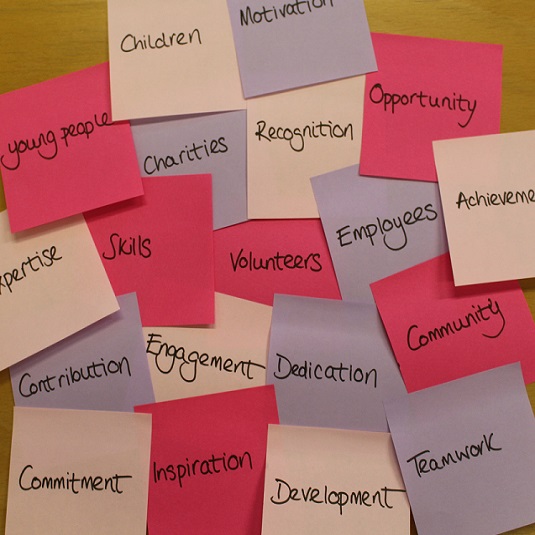What is the link between volunteering and wellbeing?
Volunteering lies at the heart of what York Cares does, with the end goal being to make York a better place and support communities within the city, but in what other ways does the act of volunteering benefit those who do it? Mental health and wellbeing is a hot topic, especially in light of the ongoing Covid-19 pandemic; many of us are all too familiar with not being able to see our family, friends and colleagues, or having to stay inside as a community spirited gesture. How might we be able to use volunteering as a way of boosting our wellbeing, whilst supporting our local communities?
Whilst most of York Cares’ programmes have moved online, the emphasis on connecting with others remains very much the same. Programmes such as Social Connections and Skill Share encourage volunteers to build valuable relationships with others, either to share information or support vulnerable members of the community. Volunteering itself is thought to improve self-esteem, self-efficacy and social connectedness (Brown et al, 2012), with the latter being the strongest mediator of wellbeing. Creating and maintaining relationships have been found to support individuals with a sense of purpose, security, self-worth and belonging (Cohen et al, 2000), which are all closely associated with wellbeing.
Furthermore, our Social Connections, as well as our Aspirations, Starting Blocks and Inspiring Minds programmes support ‘intergenerational practice and learning’. It is thought that “Intergenerational work can unlock assets and experiences that younger and older people can offer each other and their local community” (NHS Scotland, 2014). The report by NHS Scotland provides a number of case studies where the overarching benefits of intergenerational practice include improved confidence, reduced isolation and a mutual and improved understanding between participants. These are qualities which volunteers might aim to engender in their time supporting York Cares programmes, but are equally able to take away themselves.
York Cares also offers the Team Challenges programme, where volunteers work as part of a team to maintain or revitalise a green community space. There is evidence to suggest that spending time outdoors can be hugely beneficial for one’s mental health. A report by Natural England (NECR204, 2016) found that horticultural activities are beneficial for our mental health, with some specific benefits including reduced symptoms of anxiety, depression and stress, increased feelings of safety, relaxation and satisfaction, as well as increased attentional capacity and cognition.
The commitment to make York a better place across employee-volunteers is always astounding, with volunteers going above and beyond to support York Cares programmes. It is therefore imperative to make note of the significant benefits that the act of volunteering can have for not only our communities, but also volunteers themselves.
This blog was written by Katy Elliott, Volunteering Support Officer, who coordinates our Team Challenge programme.
- Cohen, LG. Underwood, BG. Gottleib (2000). “Social Support Measurement and Intervention. A Guide for Health and Social Scientists”. https://www.oxfordclinicalpsych.com/view/10.1093/med:psych/9780195126709.001.0001/med-9780195126709
NHS Scotland (2014). “Generations Working Together: Intergenerational approaches to improving health and wellbeing.” https://generationsworkingtogether.org/downloads/536a04c11694b-GWT%20web%20FINAL.pdf
- Brown, R. Hoye, M. Nicholson (2012). “Self-Esteem, Self-Efficacy, and Social Connectedness as Mediators of the Relationship Between Volunteering and Well-Being” https://www.tandfonline.com/doi/abs/10.1080/01488376.2012.687706
Natural England (2016). “NECR204” http://publications.naturalengland.org.uk/publication/4513819616346112






